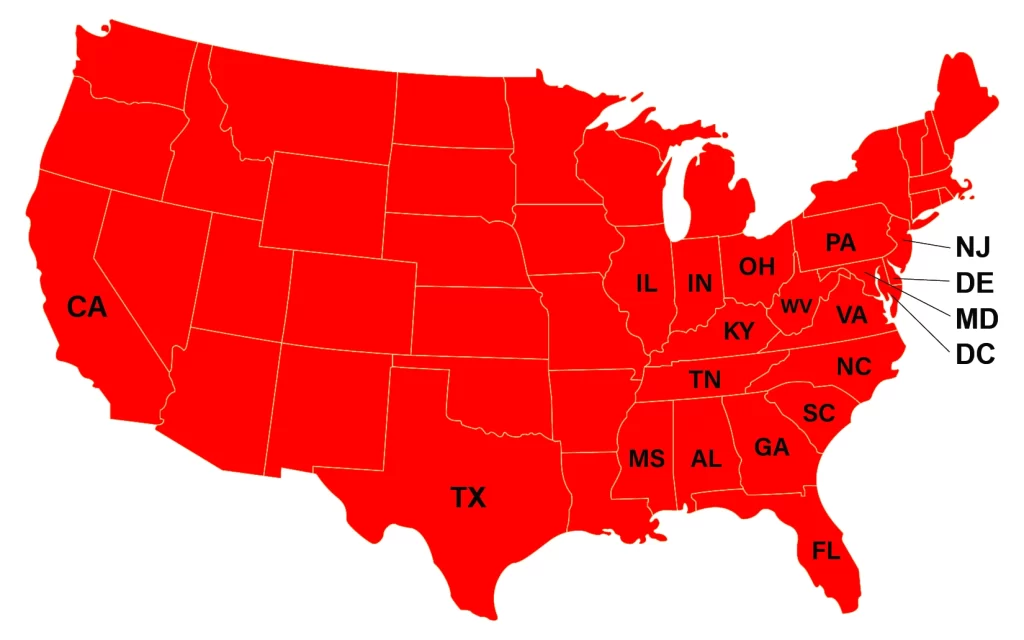When a loved one dies due to another person or entity’s fault — negligence, carelessness, or intentional action, you can file a wrongful death lawsuit. Upon winning the case, you receive compensation for the loss to cater to funeral expenses, lost wages, emotional turmoil, and lost companionship.
However, wrongful death lawsuits require significant evidence and facts to prove fault. Luckily, a private investigator can help to gather the required information to move the case forward and attain the compensation you deserve.
What Types of Wrongful Death can Private Investigators Help with?
Typically, most private investigators can assist with almost any type of wrongful death. The most common ones are:
Medical malpractice. They involve death caused by the negligent behavior or carelessness of medical providers, from misdiagnosis, surgical errors, premature discharge, and incorrect medication.
Workplace accidents. They focus on death emanating from workplace accidents and incidents and include equipment accidents, slips and falls, exposure to toxic substances and harmful objects, and industrial fires.
Auto accidents. A private investigator can help with auto-related wrongful death from overspeeding, drunk driving, reckless driving, and auto defects.
Product liability. They uncover responsibility for wrongful death caused by poorly designed and tested goods such as vehicles, pharmaceuticals, food products, and childcare products.
Why Is a Private Investigator Important in a Wrong Death Case?
Private investigators strive to find the truth behind an alleged wrongful death — and evidence to prove it. Although finding the truth will not bring a loved one back to life, it allows families and friends to get much-needed closure. Also, they can come to terms with what happened and move on with their lives.
A private investigator helps in several ways. First, it can be hard to prove that a loved one’s death resulted in a person or company’s fault and was wrongful. For instance, if a patient died from the incorrect treatment, the hospital or the defendant’s lawyer may affirm that he died from the existing condition.
In such a case, evidence is required to prove wrongful death. A private investigator has the expertise and experience to find evidence on a case and advise the client accordingly. They can advise on whether the evidence gathered is adequate to proceed with a wrongful death claim.
Second, with private investigators, you get thorough investigations. They employ crime scene forensics, accident reconstruction, and witness testimonies to determine the events that led to a loved one’s death. Medical examinations, DNA testing, police reports, and surveillance are handy during this step and establish whether another party contributed to an untimely death.
Private investigators have the insight to use alternative theories and paths in their investigations. Unlike the police, they are not restricted by institutional protocols and leave no stone unturned.
Third, private investigators are objective and provide a fresh pair of eyes into a case. You may think that you are the best person to investigate a loved one’s wrongful death, but you are not. Since you have a vested interest in the case, you may fail to objectively see things as they are, which affects the information-gathering process and the results.
Additionally, professional investigators have extensive connections they can leverage to collect more information promptly and effectively. Remember that wrongful death claims have a limited timeframe from the occurrence of death. Therefore, hiring a private investigator is your best bet to getting timely evidence to file a case.
Need a Wrongful Death Investigator?
If you suspect that a loved one died ‘wrongfully,’ a reputable private investigator is your best defense. They can find concrete evidence to propel your wrongful death case and help you achieve closure and compensation.
Contact J.P. Investigative Group, Inc., for professional wrongful death investigations in Charlotte, NC. Our team of investigators has vast experience in finding evidence to back your case.


